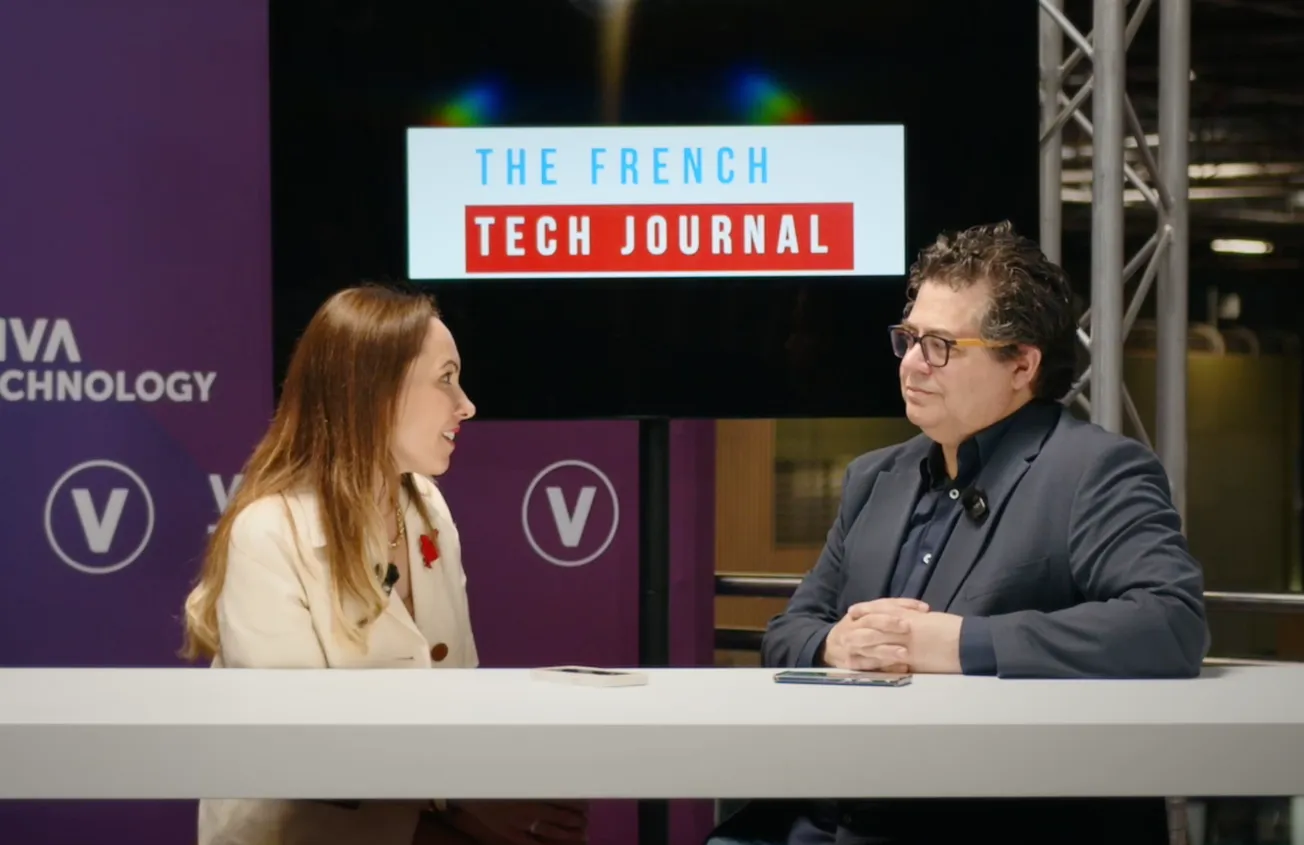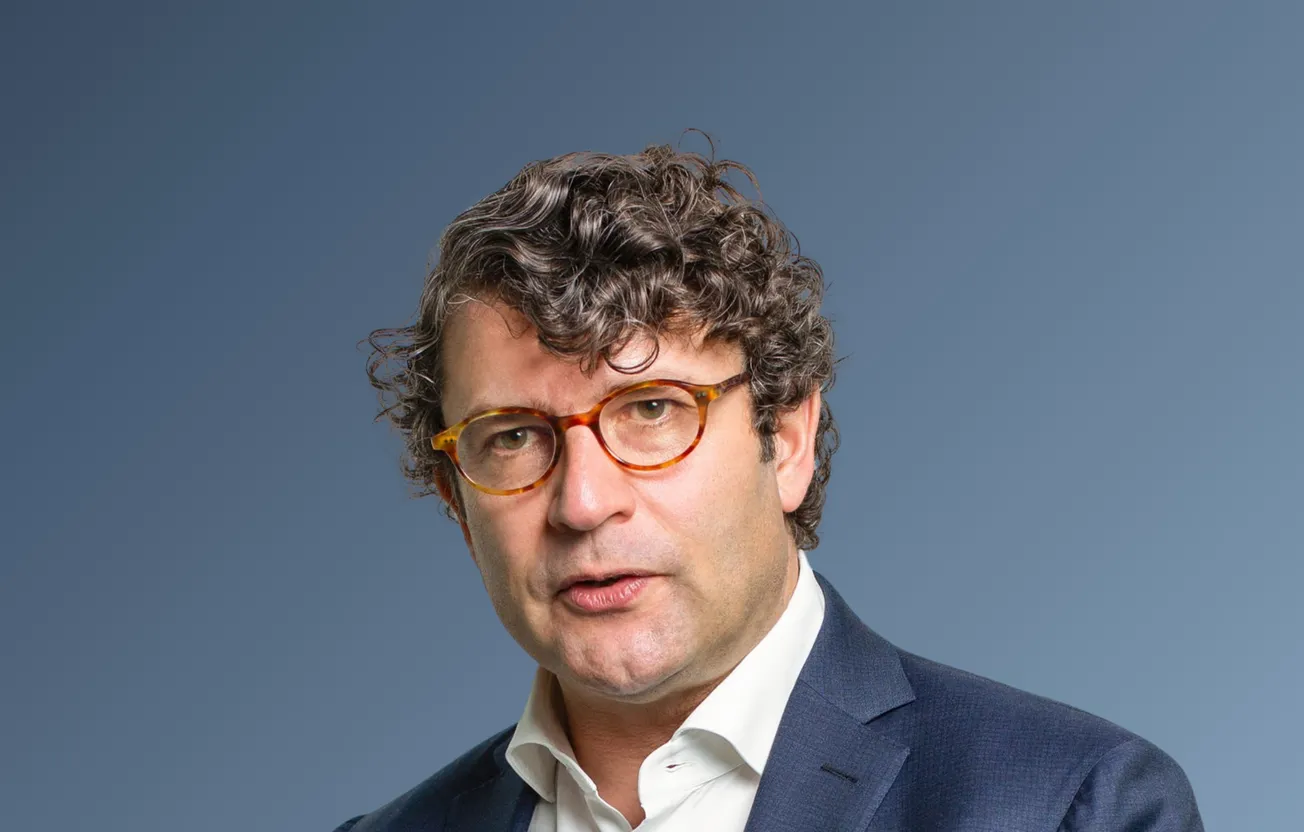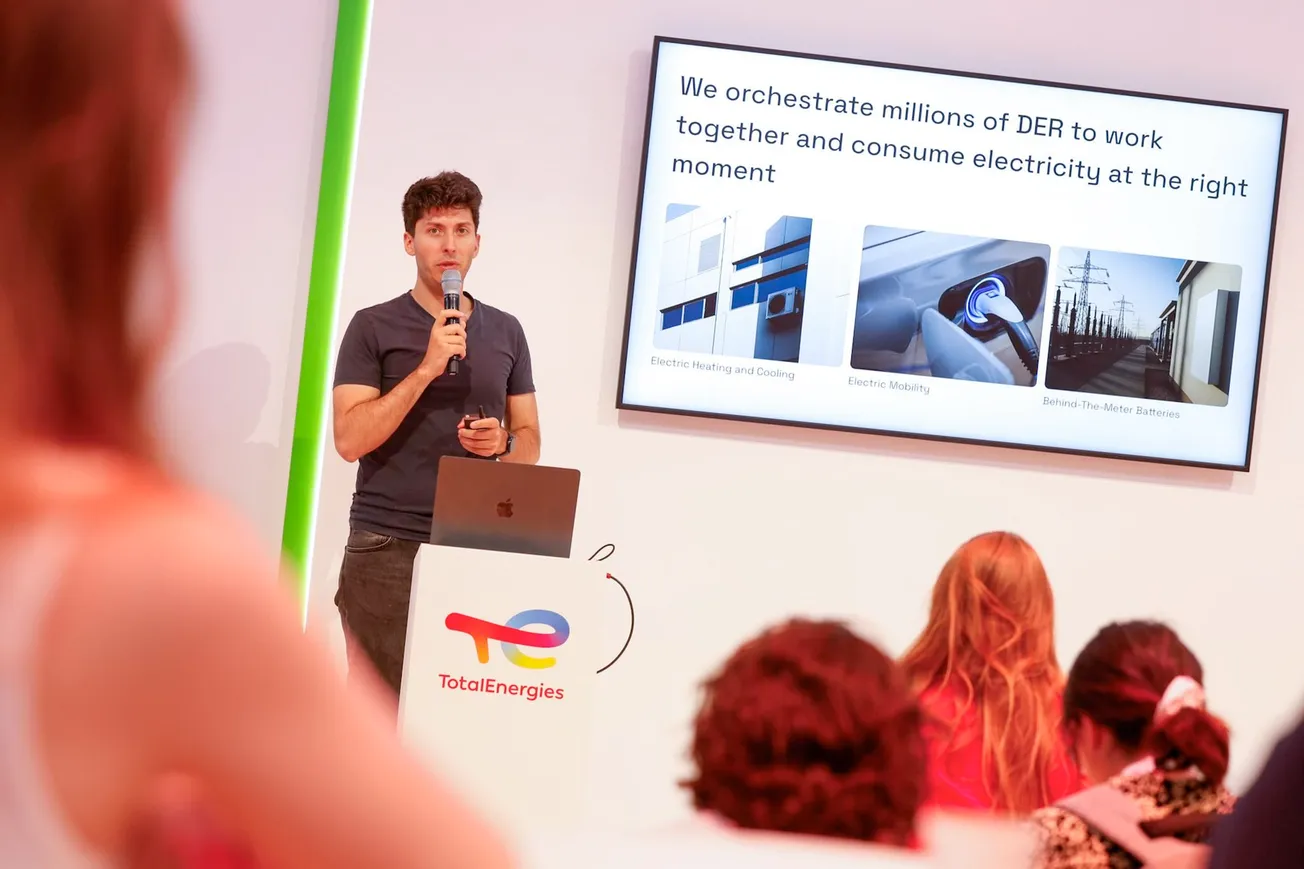Ledgy, the equity management platform, released its annual State of Equity report earlier this year. The report found that European startups in general, and in France in particular, are making greater use of an employee benefit that has been a cornerstone of Silicon Valley's success for decades.
In Europe, the UK still leads as more employees get equity and equity pools are bigger. But startups in France and Germany are gaining ground.
Back in 2000, the French government reformed financial rules to encourage greater use of stock options. In France, the BSPCE option grant (Bons de Souscription de Parts de Créateur d'Entreprise) has become the main tool for awarding employee equity.
Still, France has plenty of work to do. The report found that 1 in 4 French companies gives less than 15% of all equity to employees and that only 1 in 3 are using a tax-optimized share plan.
To discuss the use of options, we spoke with Yoko Spirig, Ledgy’s co-founder and CEO. She co-founded the company with Ben Brandt and Timo Horstschaefer, who met while studying physics together at ETH Zürich.

Q: What is the mission of Ledgy?
YS: We started Ledgy six years ago. And the reason we started originally was because every startup around us was using Excel to manage equity, which comes with a number of problems. We saw back then we could solve this problem with our software, but also the fact that it will be a growing problem as the ecosystem in Europe grows in terms of the number of startups. So, the culture of getting equity is growing. But when we started, there was no way to manage equity and to give transparency to employees.









